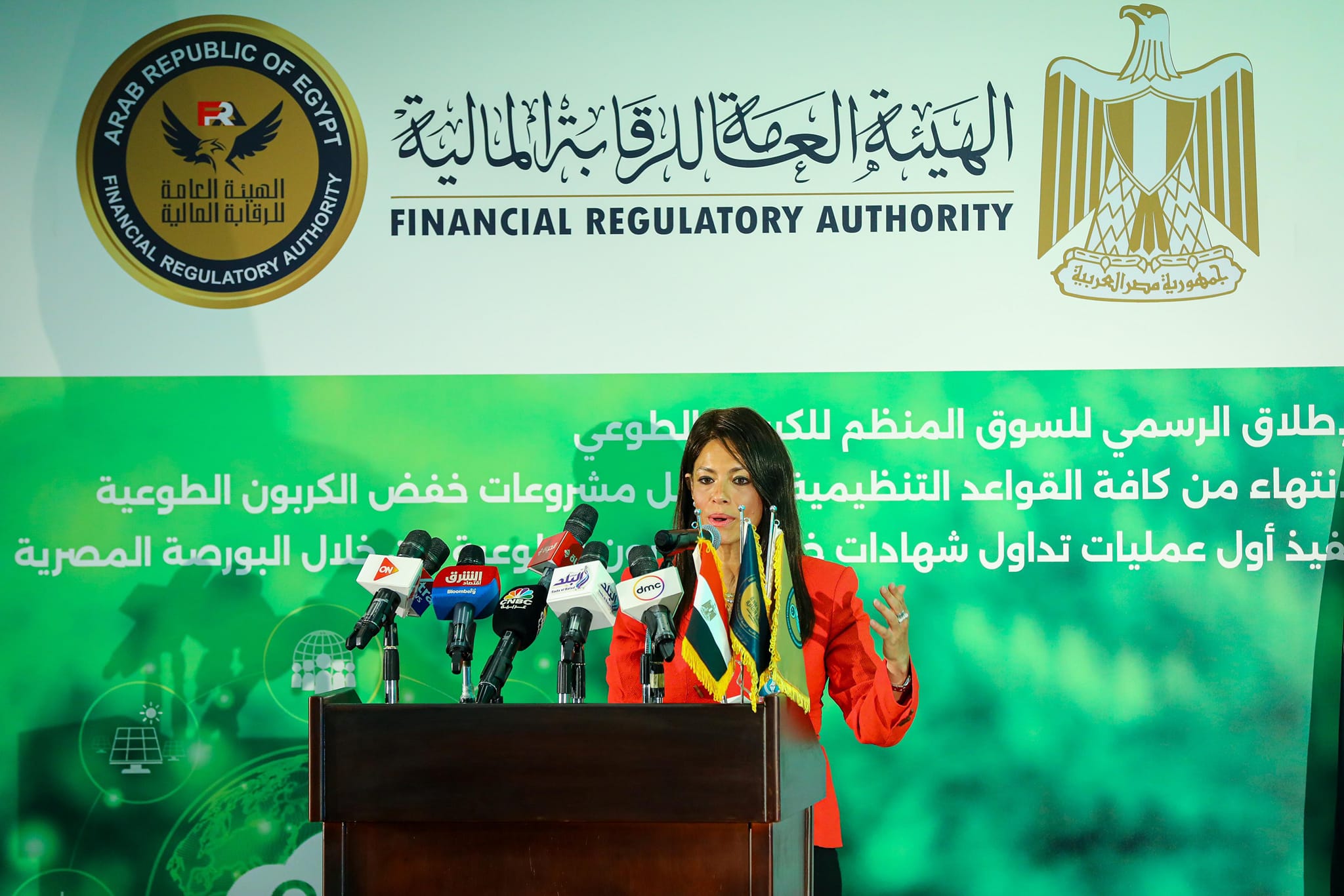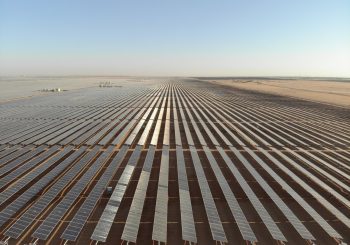During a press conference on Tuesday 13 August, Rania Al-Mashat, the Minister of Planning and Economic Development, announced the launch of the first market for issuing and trading carbon reduction certificates in Egypt.
This new market will facilitate the registration, issuance, and trading of carbon credits, incentivizing businesses and individuals to reduce their carbon footprints.
It is expected that the market will attract domestic and international investors, stimulate green innovation, and create new job opportunities.
Additionally, it will contribute to Egypt’s efforts in achieving its Nationally Determined Contributions (NDCs) to reduce greenhouse gas emissions.
The launch of the carbon market aligns with Egypt’s Vision 2030 and the National Climate Change Strategy 2050, as well as recommendations from international organizations such as the World Bank and OECD.
Al-Mashat emphasized that the establishment of this market is the result of collaboration between all relevant parties, including development partners.
She highlighted the role of the Development Policy Financing Program, implemented with the World Bank, in supporting the launch through structural reforms and technical assistance.

Al-Mashat noted that the new carbon market will bolster Egypt’s regional leadership in the green economy, as it provides a platform for buying and selling carbon credits, attracting investments in clean energy projects and fostering sustainable practices.
But what exactly is a carbon market, and how does it work?
A carbon market is a system that allows companies or individuals to buy and sell credits representing the right to emit a certain amount of carbon dioxide or other greenhouse gases. The idea behind it is to incentivize businesses and individuals to reduce their carbon footprints.
Here’s how it works:
Companies or individuals that emit greenhouse gases, such as through their manufacturing processes or daily activities, can purchase carbon credits to offset their emissions. These credits represent the reduction of one ton of carbon dioxide or an equivalent amount of other greenhouse gases.
On the other side, entities that have reduced their emissions or invested in projects that remove carbon from the atmosphere, can sell their carbon credits to those who need to offset their emissions.
By creating a market for these credits, the carbon market provides a financial incentive for companies and individuals to invest in activities that reduce greenhouse gas emissions. This, in turn, helps to drive the transition to a low-carbon economy and support the fight against climate change.







Comments (0)